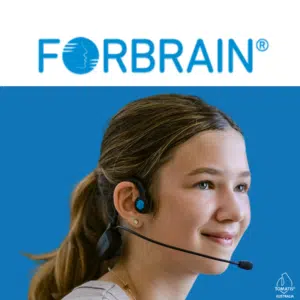The study of global developmental delay (GDD) with developing and implementing effective standards has been published earlier, however, the evidence for the specific recommendations varies greatly and is largely based on non-experimental illustrative studies and expert opinions.
Children age in typical and organised ways when it comes to the areas of cognitive, speech and language, motor, personal and social abilities, and everyday living activities. A significant number of Australian newborns may be diagnosed with global developmental delay, but due to the low yield or result, it is difficult for paediatricians to investigate the reason or factors behind the delay in the developmental period of a child between birth and 18 years.
The basic question of who to diagnose and “how” has been a tough one to figure out for paediatricians, healthcare practitioners, and researchers. While it is believed that GDD affects 1- 3% of the population, it’s crucial to understand the GDD condition diagnosed in Australia and all the necessary information related to it.







